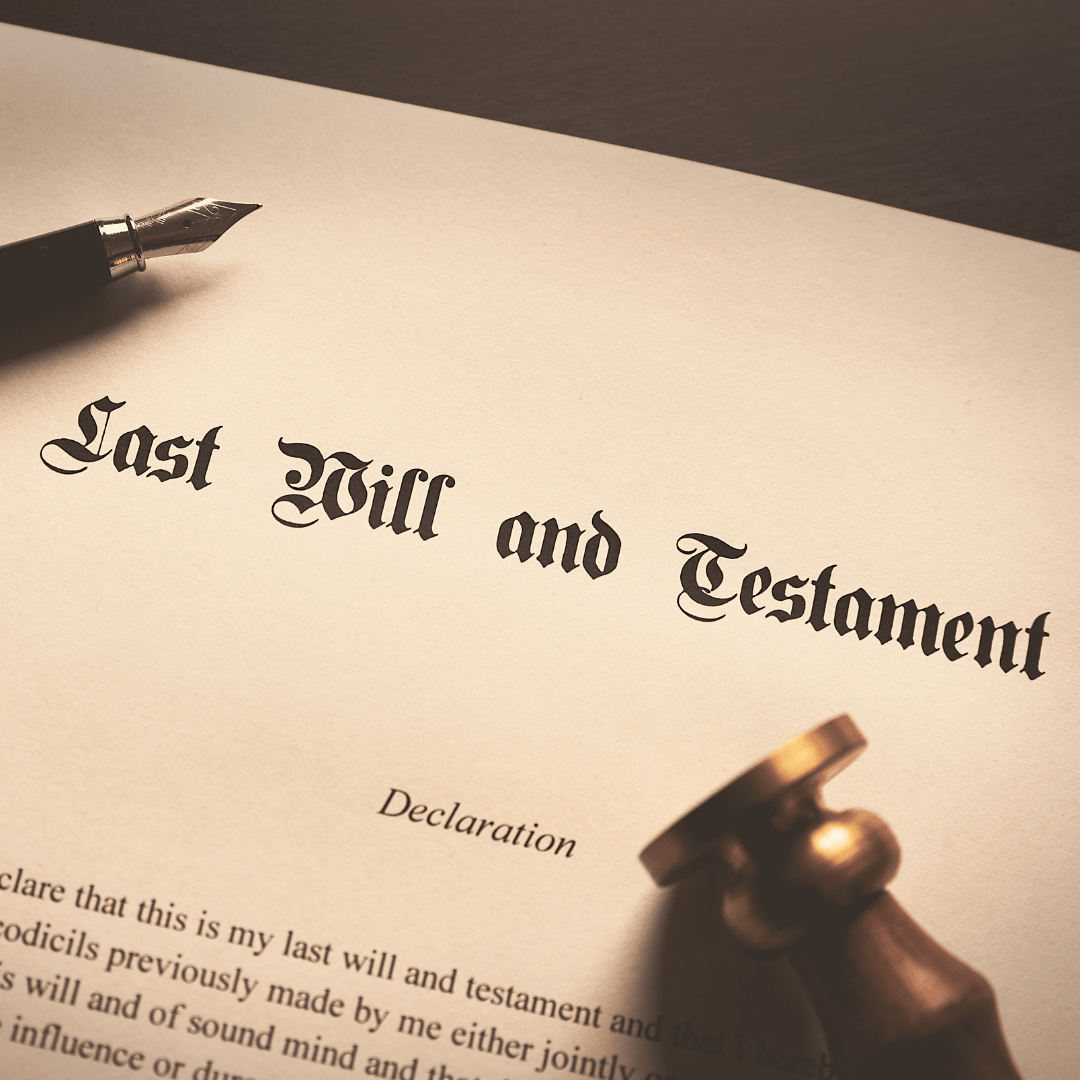Is My Will Valid in New Jersey?

How do you know if your will is valid in New Jersey? Good news. Will laws don’t differ too much from one state to the next.
New Jersey does NOT allow oral wills but will recognize handwritten wills if the material provisions (who gets what) of the will are written in the Testator’s (the person whose will it is) handwriting.
A few other things that are required for a will to be valid in New Jersey:
- The Testator must be 18 years.
- The Testator must be of sound mind.
- The will must be signed by at least two people who witnessed the signing or the testator’s acknowledgment of the signature or of the will.
- The testator made the will on their own.
Let’s break this down.
Age
The signor of the will must be at least 18 years old.
Mental Capacity
The testator must be of sound mind, having the mental capacity to write a will. In short, the testator needs to know what a will is, how the will disposes of their property, and what property and assets they own.
Someone may contest the will if the testator had dementia, a mental disability, or prepared the will in a drunken stupor.
Signatures
A will must be signed by the testator unless they are physically unable to do so (there are rules for this should the case arise).
The best way to handle a will signing is to have two witnesses (adults who are not named in the will) and the testator attend the will signing. The witnesses will watch the testator sign the will, then the witnesses will sign the will in the testator’s presence.
This requirement does not apply to holographic, or handwritten, wills that are signed by and have the material provisions written in the testator’s handwriting.
Fraud
There have been will contests based upon undue influence – when a person coerces the testator into creating and signing a will against their wishes. Fake or forged wills are never considered valid.
Fraudulent wills are not deemed valid either. These are wills that are signed because the testator is tricked into believing they are signing something less important.
What if you have multiple wills? Which one will be considered valid?
Tip: When you make a new will or update your existing will with a codicil, destroy older versions to prevent confusion.
You can also include a provision revoking any previous wills that came before.
The best way to ensure your belongings will be passed on as you wish is to meet with an attorney to either review your existing documents or prepare documents in accordance with the law. Please give us a call if you have any questions or other estate planning needs.


